Explore the difference between positive and negative coping skills with these real-life scenario sorting cards.
Positive Coping Skills vs Negative Coping Skills
Oliver shouted in Timothy’s face when he missed a goal during their soccer game. Timothy did some deep breathing to calm himself down.
Well done, Timothy! Whether he knows it or not, Timothy has just applied a positive coping skill (deep breathing) to a challenging situation. Positive coping skills can include actions such as:
- Talking to someone about the problem
- Thinking things through logically before acting
- Visualising a calm, happy place
Kellie was playing a board game with Marisa. When Marisa won, Kellie stood up and stormed out of the room.
Not a great choice, Marisa! Marisa’s behaviour in this challenging situation is an example of a negative coping skill. Negative coping skills can include actions such as:
- Physical violence
- Verbal abuse
- Passive-aggressive behaviour, e.g. avoidance.
When faced with the everyday challenges of life, it is vital that our students can identify and apply positive, healthy coping skills rather than negative, unhealthy ones.
Positive and Negative Coping Skills Applied to Real-life Scenarios
This sorting activity has been created by a dedicated team of educators to help you explore positive and negative coping skills with your students in your social-emotional learning lessons. Students are required to:
- Read the scenario on the card.
- Identify whether a positive or negative sorting skill has been used.
- Place the card under the correct heading.
Multiple Applications of This Positive and Negative Coping Skills Sorting Activity
Use this sorting activity to enhance learning through whole-class lessons, group activities or independent reflection.
Whole-class Discussion
Display the sorting cards on your interactive whiteboard. Use guiding questions to promote exploration of each scenario, such as:
- Has anyone ever been in this situation before?
- What did you do?
- Was this a positive or negative response to the problem?
You might like to use a prop that can be passed around to indicate whose turn it is to contribute to the discussion.
Group Drama Activity
Divide the class into groups and provide each group with a sorting card. Have the students develop, rehearse and present a group role play that demonstrates positive coping skills in action.
Individual Reflection
Encourage students to write about a time when they applied a negative coping skill to a situation, then have them suggest a positive coping skill they could have used instead.
Easily Prepare This Resource for Your Students
Use the dropdown icon on the Download button to choose between the PDF or Google Slides version of this resource.
Print on cardboard for added durability and longevity. Place all pieces in a folder or large envelope for easy access.
Looking to further explore this topic with your students? We’ve got plenty more resources to support you in your lesson planning:
| [resource:4823543] [resource:4823482] [resource:4819806] |
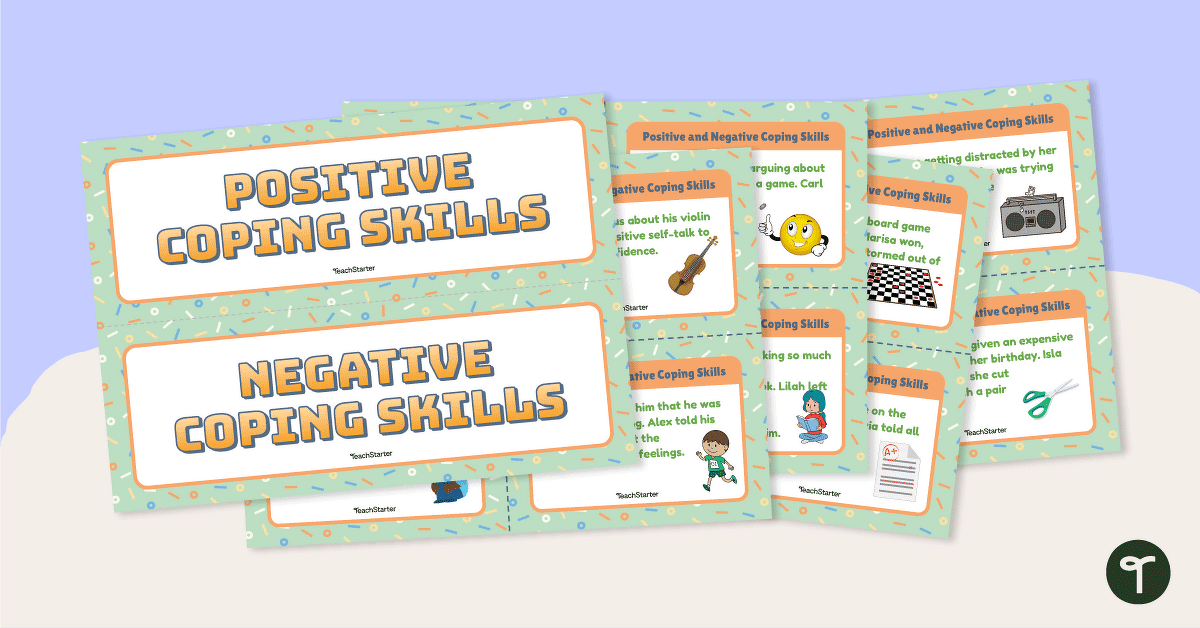
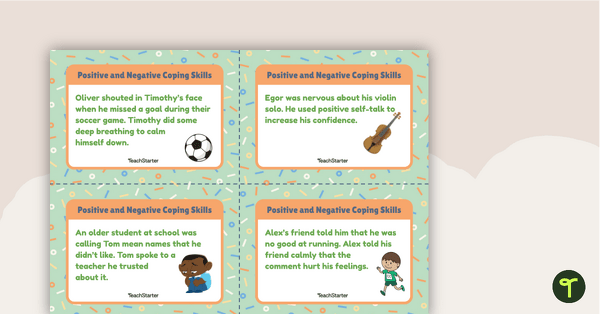

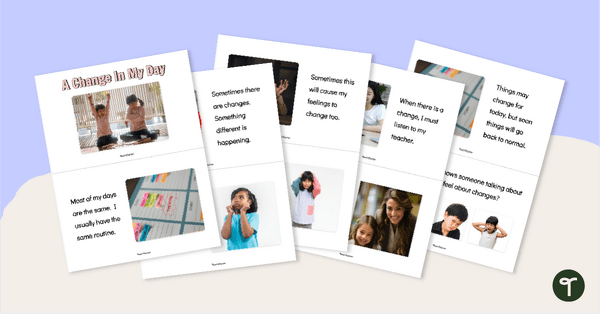
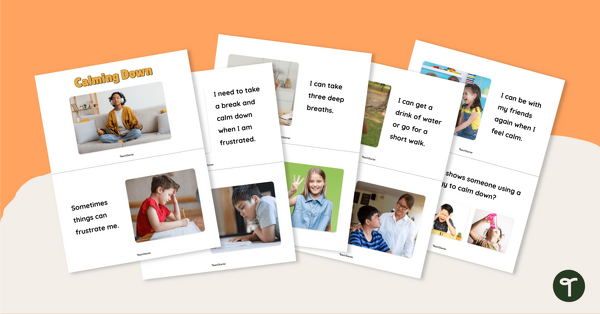
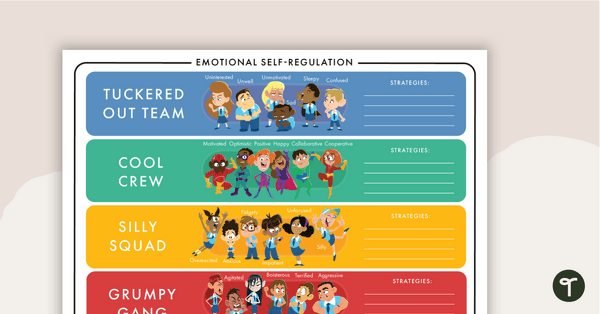
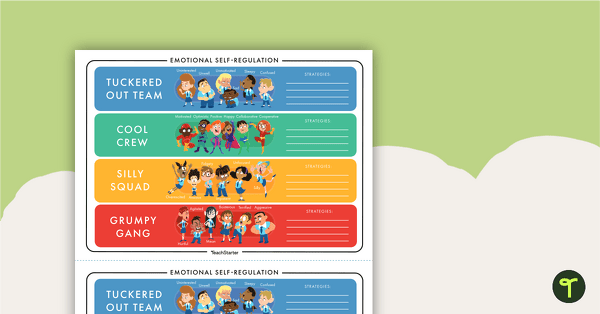
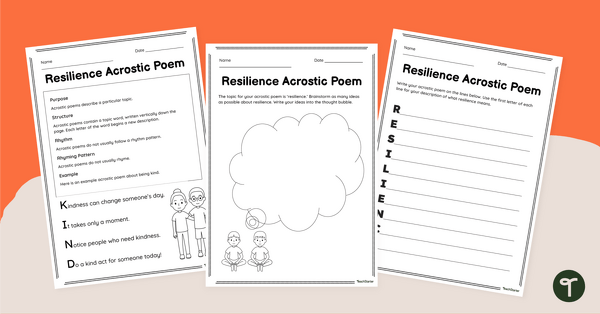
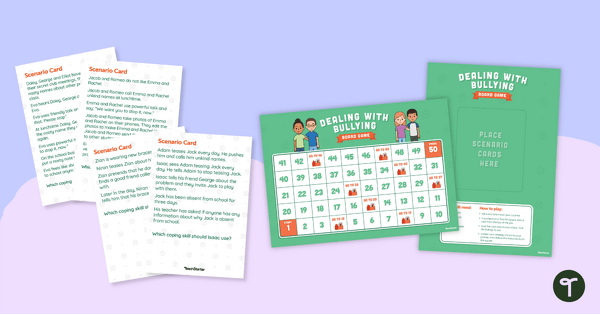
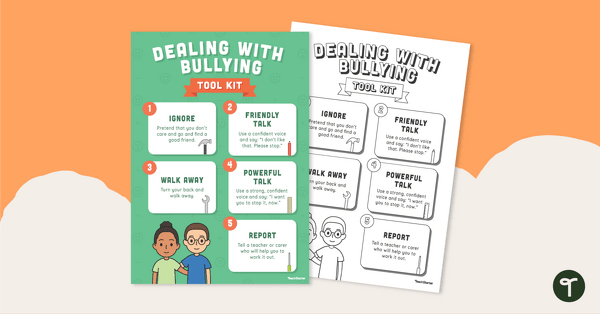
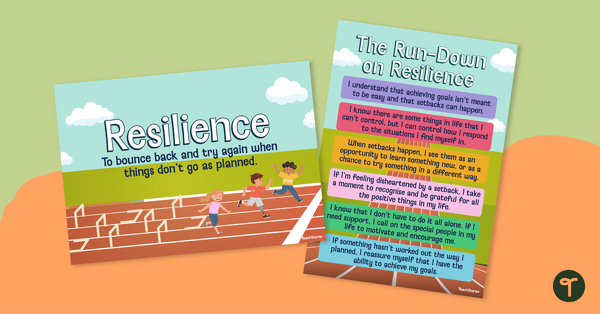
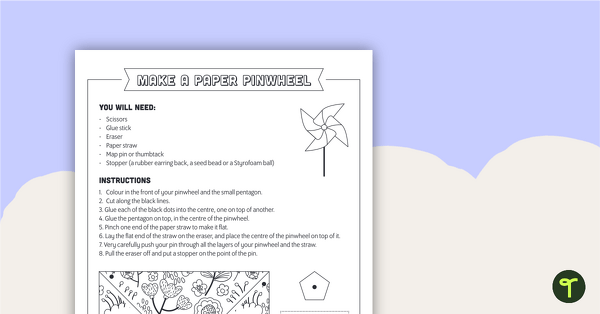
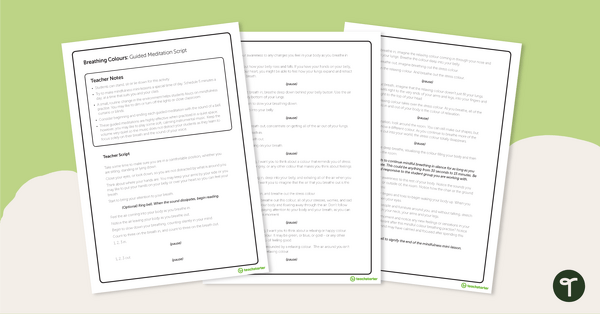
testsadasd
test email to Matt
test Matt's reply
Test my reply
test second reply
reply my email comment
sdsadsad